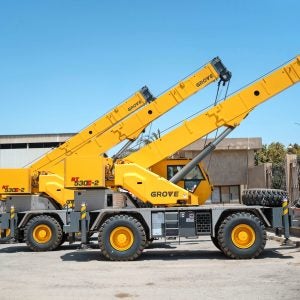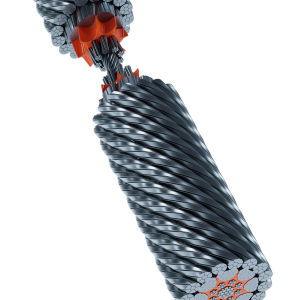The strike had been called in a dispute over working hours and safety. While South Korean labour law sets an eight hour working day, construction employers had enforced a ten hour day. Park Jong-mo, a Korean Federation of Construction Industry Trade Unions official, told The Hankyoreh, “Even if the union has been flexible in allowing a grace period before implementing the eight hour workday, the management’s position hasn’t budged.”
After almost eight weeks of striking, which failed to bring an agreement with the contractors’ body, the Korea Tower Crane Co-operative, the union members upped the ante, launching a sit in by 350 union members at 110 tower cranes across South Korea on 20 July.
Two days later, the union and the Labour Ministry announced that an initial agreement had been reached. Under the planned deal, from May 2008, tower crane operators will work a 44-hour week, will have four out of nine national holidays as paid vacation, and will have a four-day summer holiday. On the basis of this deal, the union members have returned to work.






